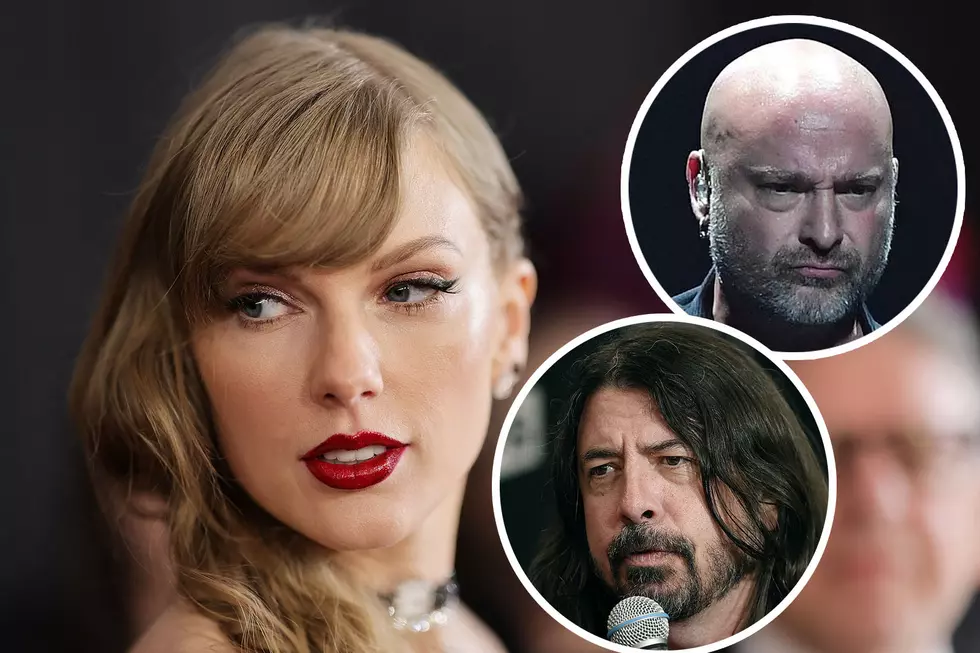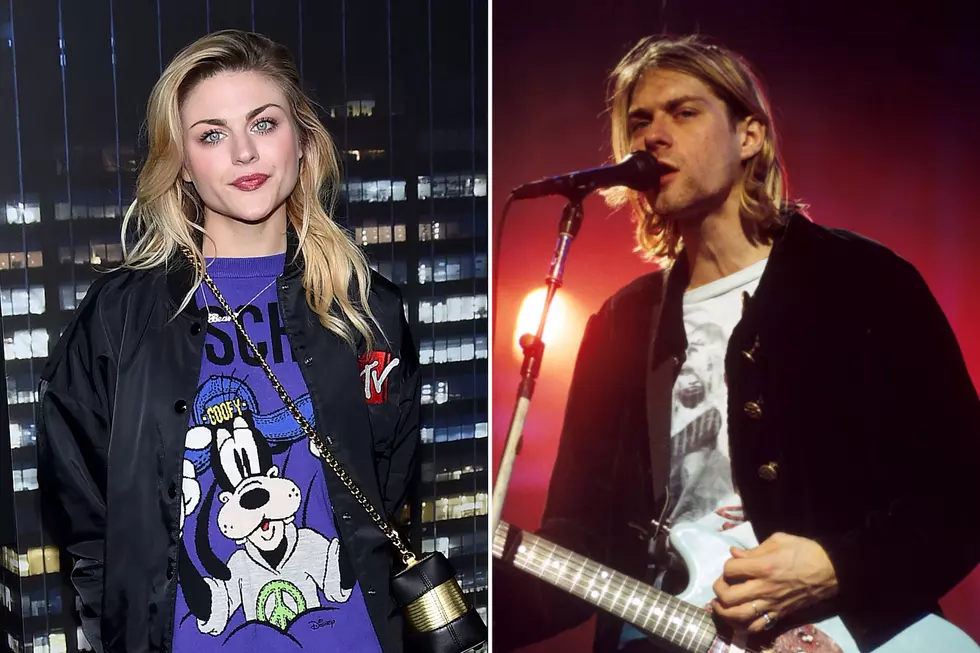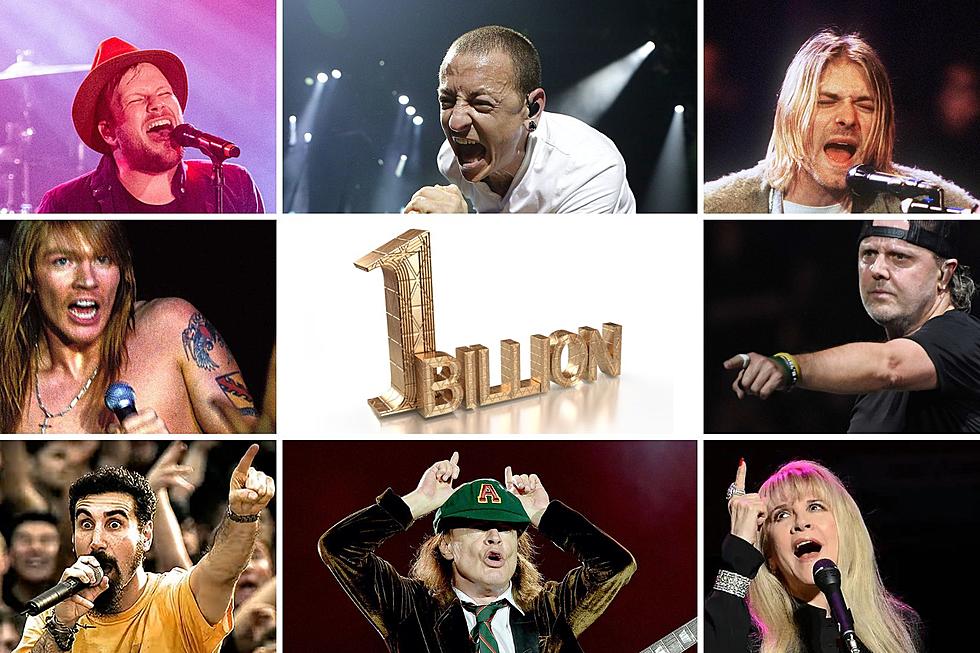When Nirvana Unplugged For MTV and Created Another Landmark Album
For most bands, performing on MTV's acoustic series Unplugged was little more than a contractual obligation album and another venue for publicity. But for Nirvana, MTV Unplugged in New York became a once-in-a-generation show that would also be turned into one of the most significant albums of the decade when it was released on Nov. 1, 1994.
Several factors play on the importance of Unplugged in the Nirvana catalog and the first is the small size of their studio discography. With only three official studio releases, the Nirvana canon is awfully sparse if not augmented with other recordings.
The next is the untimely death of Kurt Cobain. Although they recorded the performance on Nov. 18, 1993, the album wasn't commercially released until seven months after his death. But the major actor in the success of the record is this: It's truly outstanding and every bit as good as Nirvana's studio albums, and arguably better than at least one of them (their 1989 debut Bleach).
At the time, Nirvana's latest, In Utero, had only been out for around two months when they showed up at New York City's Sony Music Studios, so chances are the audience that night expected run-throughs of "Heart-Shaped Box," "Dumb" and the rest of the album. But what they got was something completely different, and not entirely planned. In Nirvana: In the Words of the People Who Were There, Carrie Borzillo writes, "November 18, 1993: In the morning, Nirvana rehearses for their pivotal MTV Unplugged performance, and isn't 100% clear on what they're going to play. 'I just remember after rehearsals, [band manager] John Silva was around and he was saying, not just to me, that they have not a clue what they're going to do,' says [publicist] Jim Merlis."
Merlis goes on to explain that Stone Temple Pilots had recently recorded their own Unplugged episode and during a four-to-six-hour period, they played the same songs repeatedly. "I was just like, 'Oh God, this is going to be miserable.'"
In the same book, Borzillo cites a Guitar World article wherein Unplugged producer Alex Coletti noted MTV's concern with Nirvana having the relative unknowns in the Meat Puppets onstage as special guests. "It was kind of like, 'Oh great. They're not doing any hits and they're inviting guests who don't have any hits to come play. Great."
But not playing their hits was a wise artistic choice. The beauty of acoustic arrangements lies in the subtleties they reveal and nothing about "Smells Like Teen Spirit" is built for subtlety. Playing that song on acoustic guitars would have been about as delicate as driving a monster truck in a funeral procession, still Nevermind is very well-represented on Unplugged. "Come As You Are," "Polly," "On a Plain" and "Something in the Way" account for nearly a third of the album's 14 tracks. Of the four, "On a Plain" might've been the most transformed by the acoustic format.
Watch Nirvana Play "On a Plain"
In Utero is represented by three tracks – "Pennyroyal Tea," "Dumb," and "All Apologies" – while Bleach gets only one track, but it's fittingly the opener "About a Girl."
That leaves six tracks (nearly half the album) dedicated to covers of songs that most casual listeners had never heard. Their special guests, Cris and Curt Kirkwood ("The brothers Meat Puppet," as Cobain called them) accounted for three of those ("Plateau," "Oh, Me," and "Lake of Fire") and the Vaselines' "Jesus Doesn't Want Me for a Sunbeam" brings the total of somewhat obscure alternative/punk covers to four.
But it was the remaining two that made the biggest splash. Nirvana's cover of David Bowie's 1970 "The Man Who Sold the World" essentially erased the original from the collective memory, much like Johnny Cash's version of "Hurt" transferred ownership of that song from Trent Reznor to the Man in Black.
Watch Nirvana Play "The Man Who Sold the World"
The last cover is also the album's closer: an emotionally intense take on Leadbelly's "Where Did You Sleep Last Night" that served as an entire generation's introduction to the blues legend. Rather than speculate regarding why Cobain sounds so invested in the song, we'll stick to the verifiable facts: Leadbelly was one of Kurt Cobain's favorite musicians.
In the Cobain biography Never Fade Away, author Dave Thompson calls the MTV performance a "relaxed, joyous occasion." As Borzillo's oral biography of the band, "The Unplugged performance was very important to Kurt and, at the time, to the future of Nirvana. 'He loved doing Unplugged,'' says [manager] Danny Goldberg. 'He called me afterward and he was very proud of it and said it was the best thing they'd ever done and it was gonna broaden the band's appeal.' Jim [Merlis] remembers Kurt calling his mother afterwards to tell her about the show: 'He was really proud, I mean really proud. It was very special.'"
And there you have it. None other than Kurt Cobain – probably Nirvana's harshest critic – felt that their performance that night on the MTV stage was as good (if not better) than the band's studio output. That alone makes Unplugged In New York the rare ephemeral recording that is at least as essential as everything else they "officially" released.
The 19 Most Influential Grunge Musicians
More From The Moose 94.7 FM










